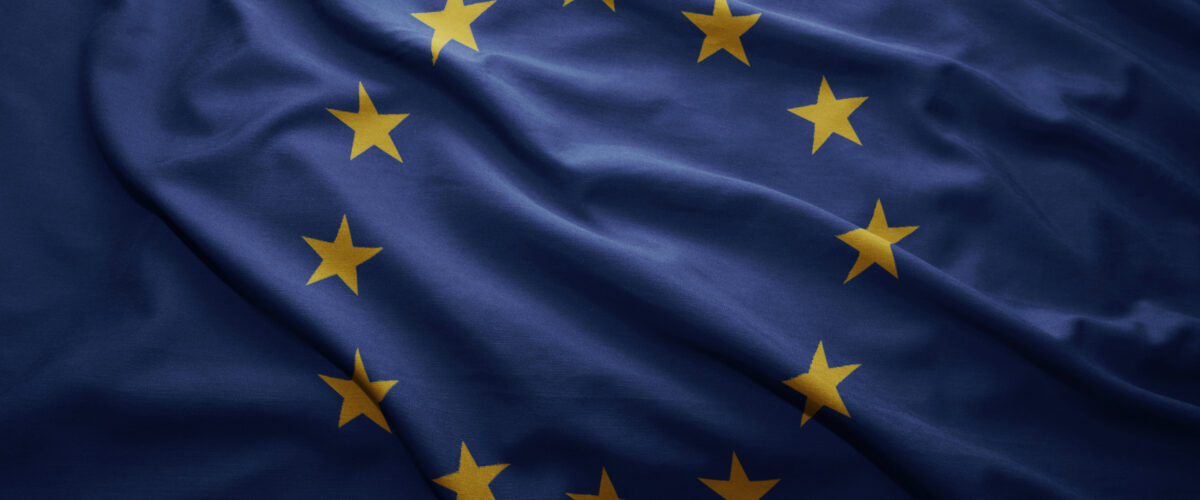Article | 6 November 2017
The status and future of the Unified Patent Court

In 2013, after much debate and numerous similar previous efforts, 25 of the 28 EU Member States agreed to establish a new patent court with the aim of unifying the fragmented patent landscape in the EU under the Unified Patent Court (UPC). The original plan was for the UPC to become a reality on 30 May 2014. There were only two requirements: 1) ratification by a total of 13 Member States; and 2) that three of these Member States be France, Germany and the United Kingdom. The UPC is still not a reality. Although there is some hope of progress in the near future, the final deadline is yet to be set.
|
The UPC – quick facts The UPC Location Sources of law Opt-out |
Background
The main purpose of the UPC is to come to terms with many of the hurdles facing patentees within the EU at present. Currently, a European patent granted by the EPO has to be formally validated in each designated state to be valid in that state. In the event of a patent dispute, separate actions have to be filed in each relevant Member State. Under the UPC, instead of validating national patents, one patent can be filed and, once granted, be valid in all contracting states. In the event of a patent dispute, one ruling is valid for all contracting states. In the long run, the aim is to make the EU more accommodating towards patentees to promote a more innovation-friendly and competitive EU.
It was feared by many commentators that the UK’s departure from the EU would, if not scrapping the UPC altogether, significantly delay its adoption. Remember, before the UPC can come into force, at least 13 of the 28 EU Member States have to ratify the agreement, and three of the 13 Member States must be Germany, France and the UK. This means that final adoption of the UPC is conditional on UK ratification. It was difficult to imagine it being politically possible for the UK to ratify an EU directive straight after declaring its decision to leave the EU. It was also hard to imagine how, if ratified, the ratification would play out in practice.
Some of the outstanding questions have now been answered. On 6 July 2017, the UK deposited the document required to apply the Protocol on Provisional Application (PPA). The PPA sets out rules on a provisional period of six months to be completed before full adoption of the UPC. During the provisional period, the plan is to create the necessary frameworks for a functioning court, such as the appointment and training of judges. The adoption of the PPA is a clear indication that the UK is indeed willing to fully ratify the UPC.
Current status
To date, 14 Member States have ratified the agreement, the latest being Lithuania (on 24 August 2017). However, both the UK and Germany are yet to fully ratify the UPC agreement.
As mentioned, the UK has recently deposited the PPA, indicating that it is willing to fully adopt the UPC agreement. However, many questions are still to be answered. As the UK has initiated its negotiations with the EU on the conditions of its exit, the future of the UK’s role in the UPC will most likely be ultimately settled only once the Brexit negotiations with the EU are concluded.
At the same time, the ratification process has been delayed in Germany, pending a constitutional complaint against both the German bill for signing the UPC agreement and against the UPC agreement itself. The complaint was filed by an unnamed private individual after the UPC legislation was passed in Germany. The complaint raises several arguments, including that such a transfer of power to the European institutions has to be made with a qualified majority in the Bundestag and that the UPC was (is) not compliant with EU law. There is still no indication from the Bundesverfassungsgericht (German Federal Constitutional Court) when a decision on the matter can or will be rendered.
In June 2017, the chairman of the UPC Preparations Committee, the Swede Alexander Ramsay, stated he was hopeful for a quick decision by the German court and that the provisional application period under the PPA would be initiated in the autumn of 2017, meaning that the UPC would become a reality and be introduced in early 2018. However, there is no indication of such a quick decision by the German court. Some commentators are even speculating that a decision cannot be rendered until the future of the UK’s participation in the UPC is finally settled.
By all accounts it seems as though the chairman was too optimistic in his estimate. Given the many uncertainties and the history of delays in the UPC process, an initiation of the provisional period under the PPA in 2017 is now highly unlikely. This was also indicated in the last update from the Preparatory Committee of the UPC on 21 September 2017, which gave no dates for initiating the provisional period under the PPA. The Preparatory Committee published a short update, in which it noted that the pending case in the German Federal Constitutional Court will delay Germany’s ratification of the UPC agreement and the PPA, and concluded that it is currently difficult to predict any timeline for the start of the new system.
It is also worth mentioning that even after the UPC is finally introduced, there is a possibility that its impact will be small, at least initially. There is a seven-year ‘transition period’ for patents applied for or granted before or during the said transitional period, during which patent holders can choose to opt out of the UPC system, meaning that such party’s patents will remain ‘classic’ European patents. It is possible that larger patent holders would choose to opt out for strategic reasons, as they would be less vulnerable to revocation in each separate jurisdiction, trading away the possibility of a one-stop-shop infringement action and also that the familiarity of the present system plays a role in such decisions.
The future of the UPC
Even though it seems the last pieces of the UPC puzzle will fall into place, there is one significant obstacle on the horizon. As mentioned, the final outcome of the UK’s role in the UPC is, reasonably, to be decided in the Brexit negotiations. There are many potential outcomes of these negotiations, reflected by the numerous conflicting interests within the UK today. On the one hand, participation in the UPC is arguably important for the competitiveness of innovative British companies. On the other hand, it is politically sensitive to propose that the UK should be party to a system granting legislative and jurisdictional powers to the EU. Such a system would somewhat contradict the whole idea of leaving the EU in the first place. On the other side, will the EU want or even allow UK influence in the UPC system? It is therefore still hard to foresee the result of the negotiations.
If executed well, the UPC will undoubtedly create a more straightforward patent environment in the EU. However, the establishment of a court with direct jurisdiction over individual Member States is ambitious and politically sensitive. Combined with the current, and growing, scepticism towards the EU in many of its Member States, it is clear that the question of the UPC, and certainly its success, is far from settled.


